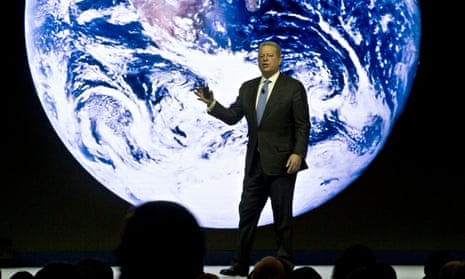For how many years do business leaders need to hear that their customers do not trust them nor the companies they lead before they do something about it?
To coincide with the opening of the World Economic Forum in Davos, public relations company Edelman has just released its 15th annual trust barometer, which signals that a short recovery in people’s faith in the corporate sector has gone into reverse.
In fact, trust in business declined in two-thirds of the 27 markets the survey covers and is now below 50% in 14 markets, the worst showing since 2008. The largest drops occurred in Canada, Germany, Australia and Singapore.
Even the once impregnable technology industry, which is still the most trusted sector, saw declines in the majority of countries for the first time. The fall in trust in CEOs as credible spokespeople continued for the third consecutive year, with levels now at one third in developed markets. Globally, CEOs (at 43%) and government officials (at 38%) continue to be the least credible information sources, lagging far behind academic or industry experts, who are rated at 70%. Only a fifth of respondents thought business leaders were the most trusted influencers to communicate purpose and engagement.
It’s not difficult to see why the 33,000 people who took part in the Edelman survey have so little confidence in CEOs. For example, nearly half say that there is not enough regulation of business. Across major industries surveyed, a similar percentage have little faith in policymakers to develop and implement appropriate regulations.
Contrast this with the PwC global CEO survey released in Davos yesterday, which showed that 78% of business leaders see too much regulation as the biggest risk to growth – the highest level ever seen in the 15 year history of the study. Concern about over-regulation reached 90% in the US, 87% in the UK and 85% in China.
Simon Zadek, visiting scholar at Tsinghua School of Economics and Management in Beijing and co-director of the United Nations Environment Program (UNEP) Inquiry, says the low trust scores show that businesses have to increase their levels of accountability. Speaking in Davos, Zadek said: “Citizens effectively give corporations a license to operate and, in return, companies need to align themselves demonstrably to the public interest.
“Fortunately we are seeing a number of innovations, such as an era of startups with a more responsible attitude, and conversions to new forms of governance and ownership, such as B corporations.”
Edelman has put together 16 attributes which it believes would lead to greater trust. These range from having ethical and transparent business practices to working to improve the environment and addressing society’s needs in everyday business. The irony should not be lost on the fact that that Edelman, the world’s largest, independently-owned PR firm, has itself seen its reputation suffer greatly in recent months for its failure in the eyes of many sustainability experts to live up to its own recommendations.
A Guardian investigation last year found that Edelman, along with other PR companies, were profiting from clients who were climate deniers, while crafting corporate responsibility campaigns for several major corporations.
While many firms immediately said they would stop working with climate deniers, Edelman initially refused to explicitly rule out such organisations as clients. The ensuing bad publicity forced the company to backtrack, saying that “we do not accept client assignments that aim to deny climate change.”
However, many say this is still not strong enough. Kert Davies of the Climate Investigations Center told my colleague Marc Gunther that “they’ve left themselves wiggle room.”
The barometer shows that it is not just business that is seen to be failing to live up to high standards. Edelman highlights “an alarming evaporation of trust across all institutions, reaching the lows of the great recession in 2009. Trust in government, business, media and NGOs in the general population is below 50% in two-thirds of countries, including the US, UK, Germany and Japan.”
Some of the reasons the firm gives for the loss of confidence include the arrests of top Chinese government officials, the foreign exchange rate rigging by six global banks and numerous data breaches.
The survey focuses this year on the link between trust and innovation, and found that trust issues are hindering acceptance of technological advancements. More than half felt innovation is happening too quickly and that it is being driven by greed, while two-thirds felt corporate need for growth was behind new technologies. Only a quarter see it being done to make the world a better place.
Trust levels vary significantly based on the type of innovation. It is higher in areas such as technology, financial services and health, but falls off sharply when it comes to the energy and food sectors. Only 47% have trust in innovations in hydraulic fracturing, with fewer than a third having faith in genetically modified foods. What respondents said would improve their confidence in innovation includes making test results publicly available for review and partnering with credible organisations, including academic institutions.
This year’s Davos coverage is funded by The B Team. All content is editorially independent except for pieces labelled “brought to you by”. Find out more here.
Join the community of sustainability professionals and experts. Become a GSB member to get more stories like this direct to your inbox.
